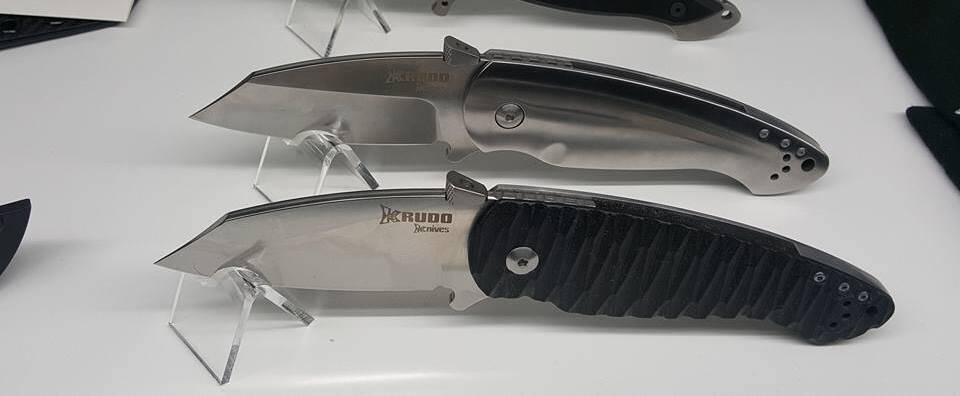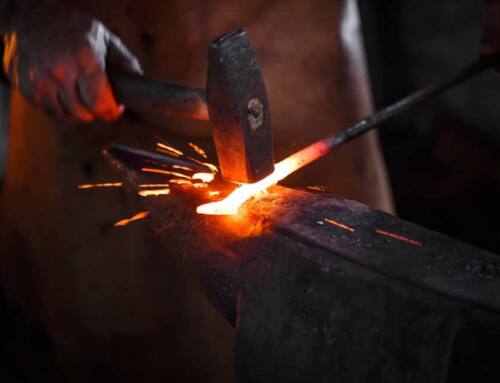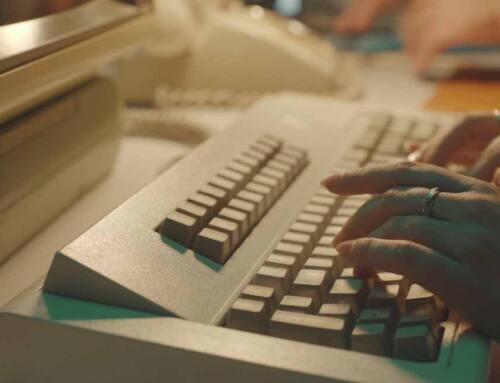Knife ownership comes with certain responsibilities. The most important is dedicating yourself to learning the proper use of the knife, always with safety in mind.
But proper use is really part of the overall care for your knife, all of which can contribute to your knife lasting longer and working properly.
When it comes to cleaning and maintenance, folding knives present their own unique set of challenges.
Folding Knife Care: Tips For Maintaining Your Pocket Knife
The following are some general areas that you should keep in mind when properly caring for your folding knife. Generally, all these fall into three major categories: keep your pocket knife clean, sharp and well lubricated.
Cleaning the pivot point. If your knife only comes in contact primarily with whatever is in your pocket, than you can typically remove the grit simply by using a toothpick, metal pick or a similar tool.
However, if you use the knife in areas were sand or dirt will get into the knife, then try using warm, soapy water and scrubbing with an old toothbrush. If it’s particularly tough dirt, let the knife soak to loosen up the grit. Make sure to rinse the knife thoroughly when you are finished.
Keep pivot point lubricated. Use a dry lubrication – just a few drops should be fine. A lubricant that dries on contact is important so that there is no dripping or runs along the knife. Use the straw included with the lubricant to aim with precision on the area that needs to be lubricated.
Sharpen the blade. A dull blade is a dangerous blade. Keep your knife sharp by either routinely taking it to a professional for cleaning and sharpening or investing in a good knife-sharpening kit.
Salt water. If during use your knife blade comes in contact with salt water, be sure to rinse the blade as soon as possible to prevent rusting. It’s also best to apply some oil to the blade after it has been in contact with salt water.
Protecting the blade. Another aspect of knife care to keep in mind is the blade itself. If the blade is made of a high carbon steel alloy, it might be worth your time to also find a lubricant for the blade itself. This is especially useful if you live in an area of high humidity or use the knife often around water.
Use the knife properly. One of the most important aspects of knife care are the things not to do. With most knives, this includes using it as a screwdriver or trying to use it to chisel. It should also not be thrown (unless designed to do so) or taken apart.
Unlike so many other products today, knives are still built to last. They will be a constant and dependable companion if treated properly. Keep the above tips in mind and your knife should last as long as you need it – or are ready to pass it along to someone else.







Leave A Comment